【品】サンピース(マイト工業) 赤レーザー墨出し器 SPLA-42RP 〇 ITDM45C15CFE
(税込) 送料込み
商品の説明
商品説明
| ご案内 | ※沖縄県他、離島地域(中継料金の発生する地域)へのお届けの際は 送料着払い(配送会社指定の料金) での発送となります。 また、一部離島地域では着払い不可の地域があるため店舗より元払いにて発送させていただきますが、 別途、中継料金をお支払いしていただく場合があります。 該当のお客様は本ページ下部の発送詳細も合わせてご確認下さい。 |
■商品:赤レーザー墨出し器
■型番: SPLA-42RP
■メーカー名:サンピース(マイト工業)
■商品詳細:
10m±1mmの高精度
明るく見やすい高輝度タイプ
水平1方向・縦4方向(両縦/短)
・鉛直クロスライン・地墨点
ライン位置が見つけやすいドット付
※精密工具につきましては、弊社で校正をかけておりません。
現状品での販売となります。
あらかじめご了承下さい。
■動作確認状況:動作確認済
■付属品:写真に掲載してあるもので全てです。
■出品者店舗:
工具買取王国堺浜寺店
住所:大阪府堺市西区浜寺船尾町東3丁402
電話番号:072-267-4799
| ※ご入札前に必ずご確認ください※ |
| お取引について | |
| 注意事項 | ※未開封品であっても、経年劣化などにより素材のベタつき等が発生している場合がございます。 ※当店の商品はすべて中古品となっております、未開封・未使用であっても新品ではなく中古品となります。 中古品であることをご理解いただき、状態など写真にてご確認ください。 ※パーツ、付属品は写真に掲載されているもので全てです。 ※商品は全てリユース品ですので経年劣化や傷、ホコリの付着や若干の生活臭などが多少なりともございます。 ※商品写真は画像の明るさの調節をしております。モニター環境により、実際の色とは異なる可能性がございます。 ※商品のお届は「佐川急便」のみとなっております。その他の配送方法はご使用になれませんので、ご了承ください。 ●当店では取引ナビを利用しておりますので、落札後は取引ナビへのご入力をお願いいたします。 取引ナビへご入力いただいた後、当店よりご確認メールを送らせていただきます。 取引ナビの入力期限は「落札日より5日後」までとなっております。 入力期限を過ぎたお品物はキャンセルとさせて頂きますので、予めご了承ください。 |
| 返品について | イメージと違う、サイズが合わないなど、お客様のご都合による返品・キャンセル・お品物の交換等はお受けできません。 ただし、以下の条件が当てはまる場合に限り、返品をお受けいたします。 ・お届けした商品が、ご注文の商品と違った場合 ・弊社が誤って規格表示した場合 ・運送事故による破損・欠品が発生した場合 【返品についてのご注意】 ・落札商品を転売された後の返品ならびに責任は負いかねます。 ・落札商品の補修代金(電池交換等)は負担できません。 万一、記載にない欠陥などがありましたら現状のまま返品してください。 ・セット商品の場合は単品のみの返品はできません。必ず、すべての商品が揃った状態で返品してください。 ・発送先以外からのご返品はお受け致しかねます。 【返品への弊社の対応】 ・商品交換はおこなっておりません。ご返金での対応となります。 ・返送料は弊社負担にて対応いたします。 ・商品が弊社に到着後に、銀行振込にて落札金額を全額返金(送料含む)いたします。 ・同梱でのお届けのうち一部のご返金の場合、商品代金のみのご返金となります。 |
| 発送詳細 | (税込) ※沖縄県他、離島地域(中継料金の発生する地域)へのお届けの際は 送料着払い(配送会社指定の料金)での発送となります。 ※一部離島地域では着払い不可の地域があるため店舗より元払いで発送させていただきますが、別途中継料金をお支払いしていただく場合があります。 ※配送方法は「佐川急便」のみとなります。その他の配送方法はご利用になれませんので、ご了承ください。 また「配送のみ」の取扱となりますので、店頭でのお品物のご確認や店頭受取等はお受け出来ません。ご了承ください。 【同梱を希望のお客様】 同梱可能なお品物は 【同梱可】記載のあるお品物となっております。 ご注意くださいませ。 |
| 支払方法 | ・コンビニ決済 ・クレジットカード※注1 ・PayPay残高払い ・PayPayあと払い ・PayPay銀行振込 ※注1:クレジット支払いにて決済エラー(オーソリエラー)が出た場合、 ヤフーオークションの新仕様の都合により、 再度クレジットでの支払いを行うことはできないようになっております。 その場合、お支払い方法はPayPay銀行振込のみでの対応となります。 |
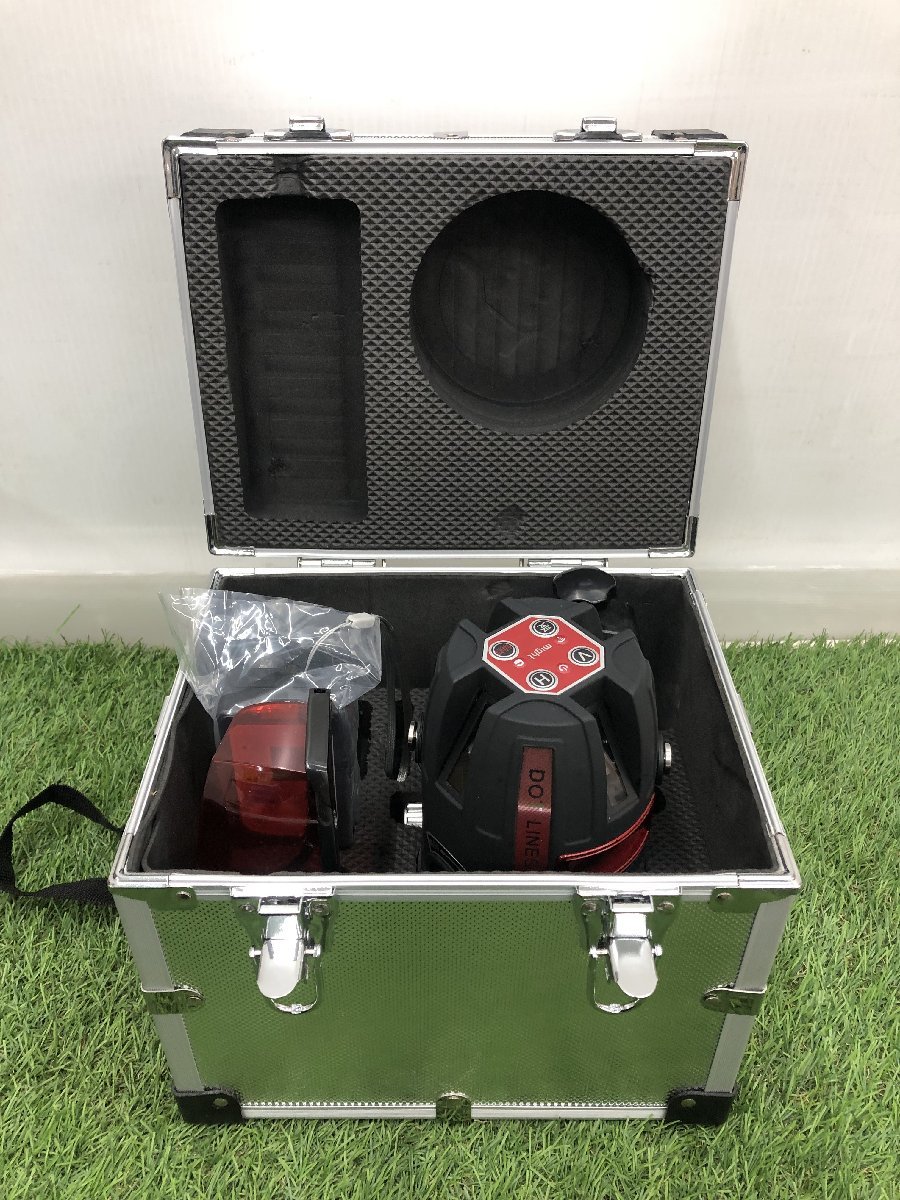

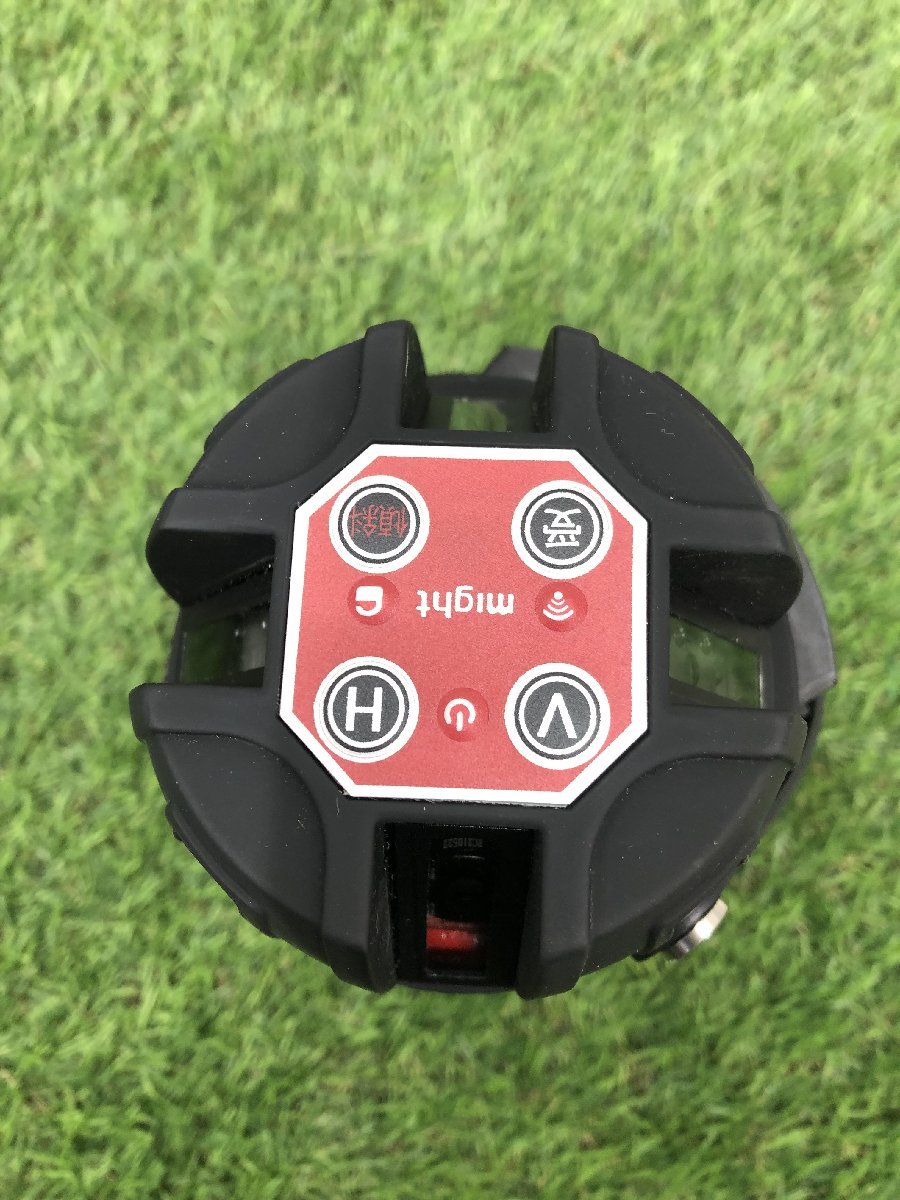
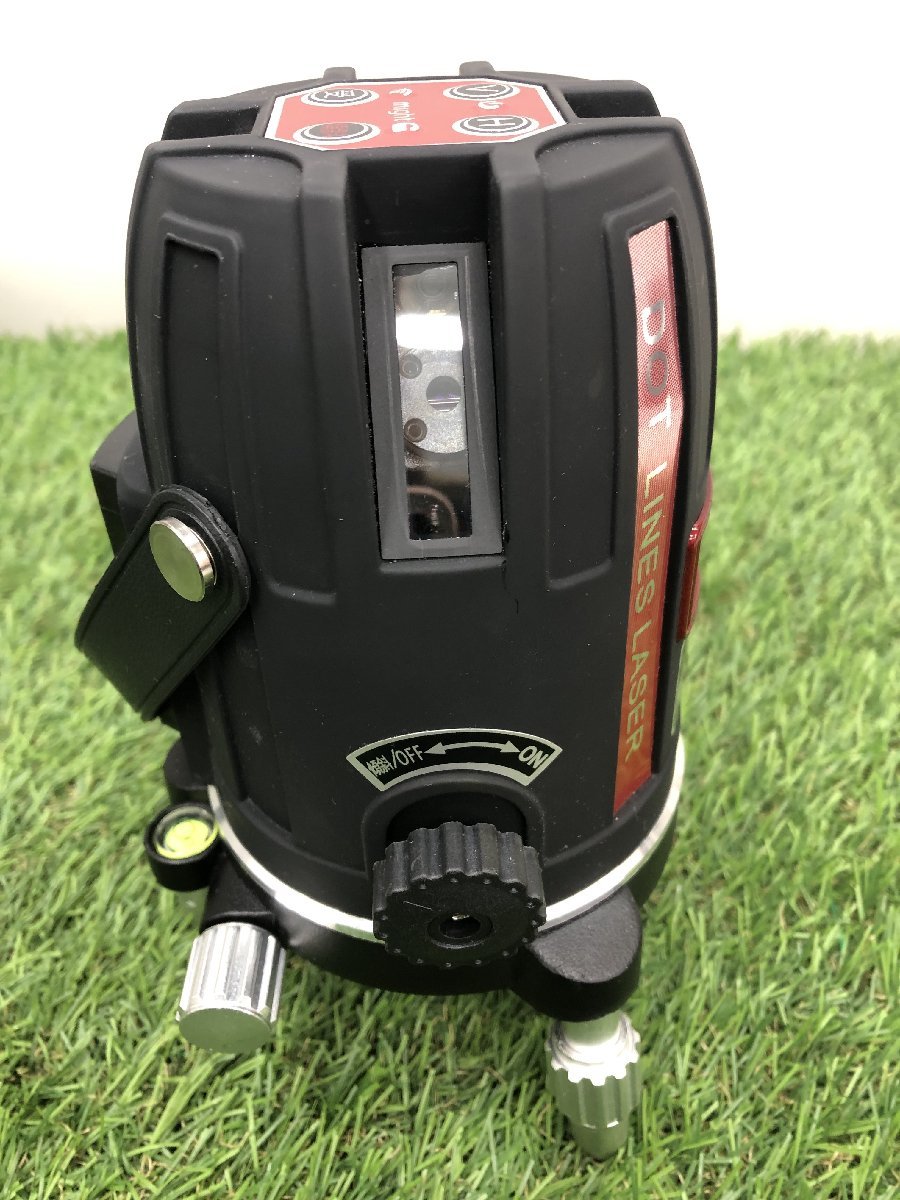
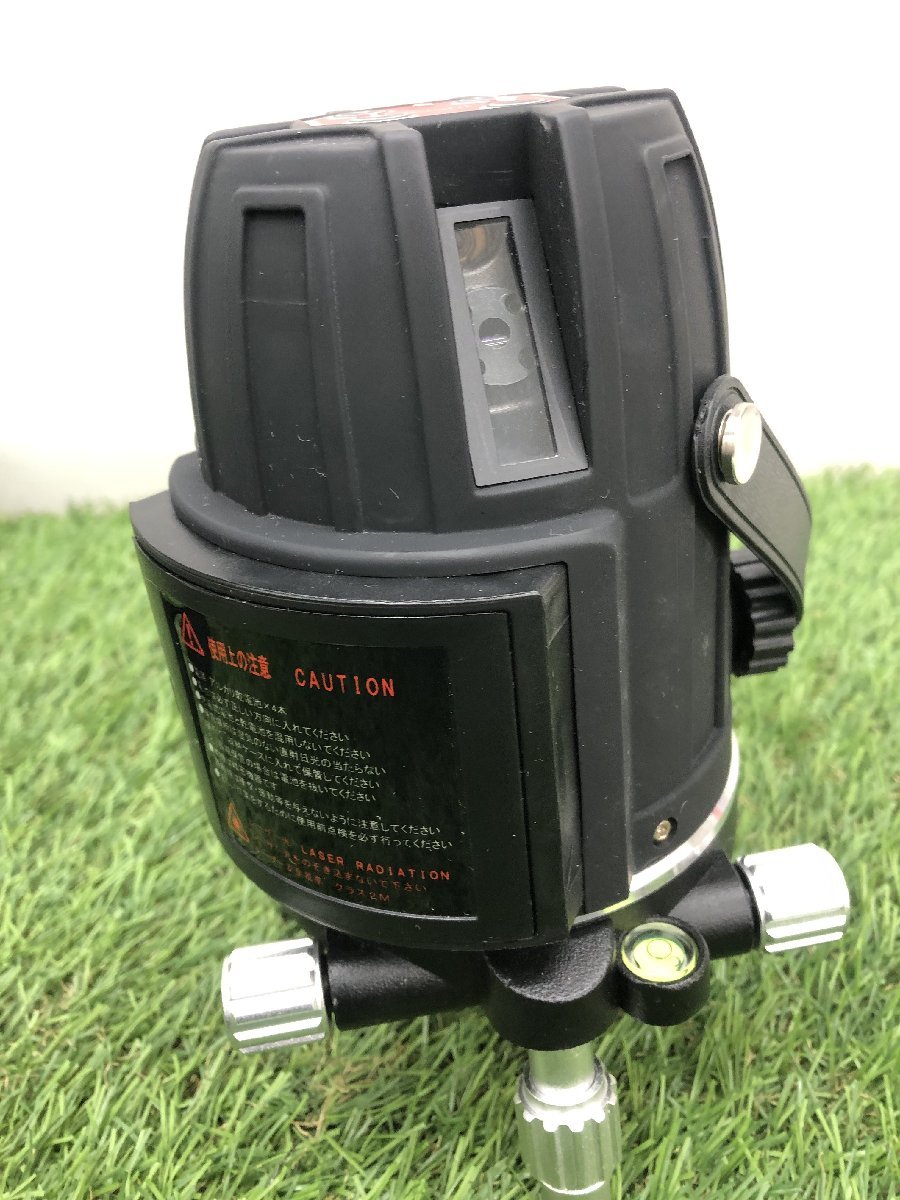
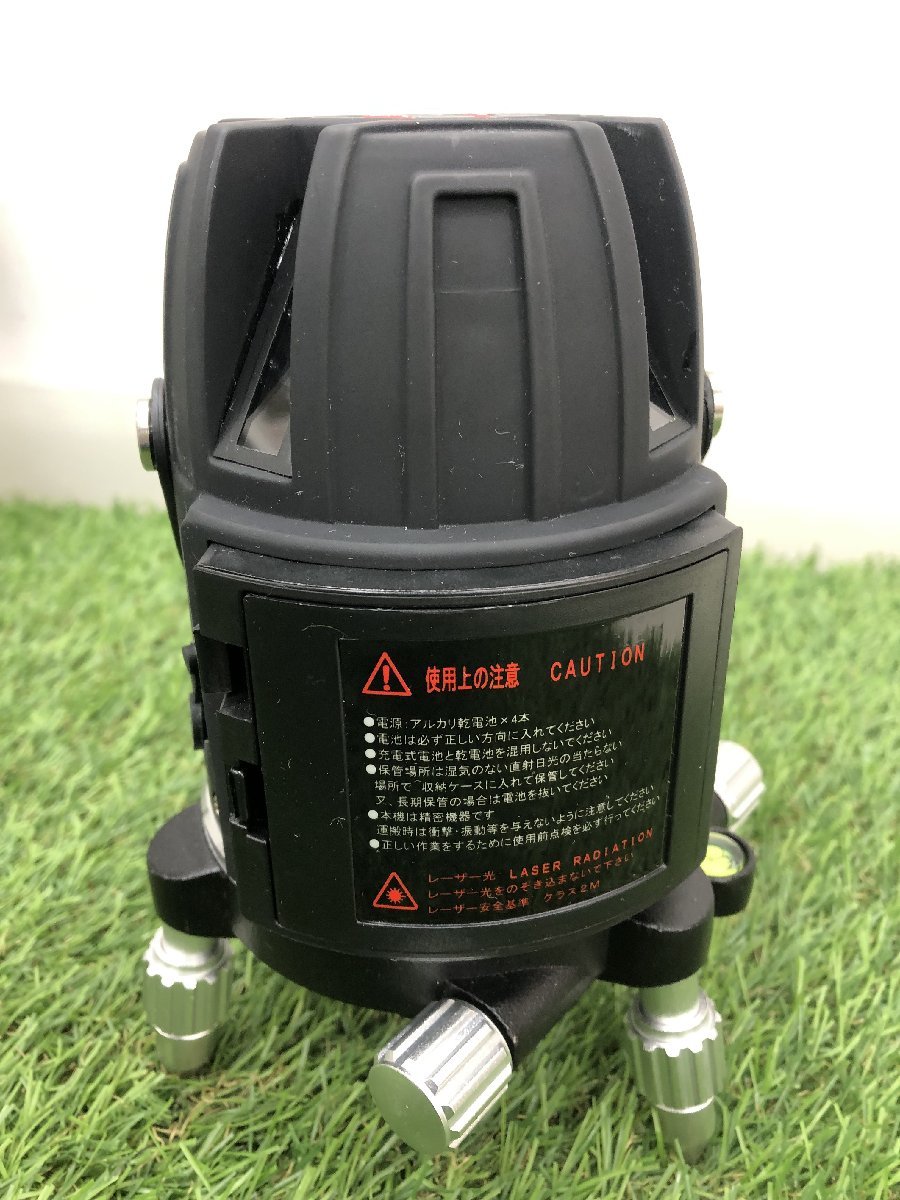
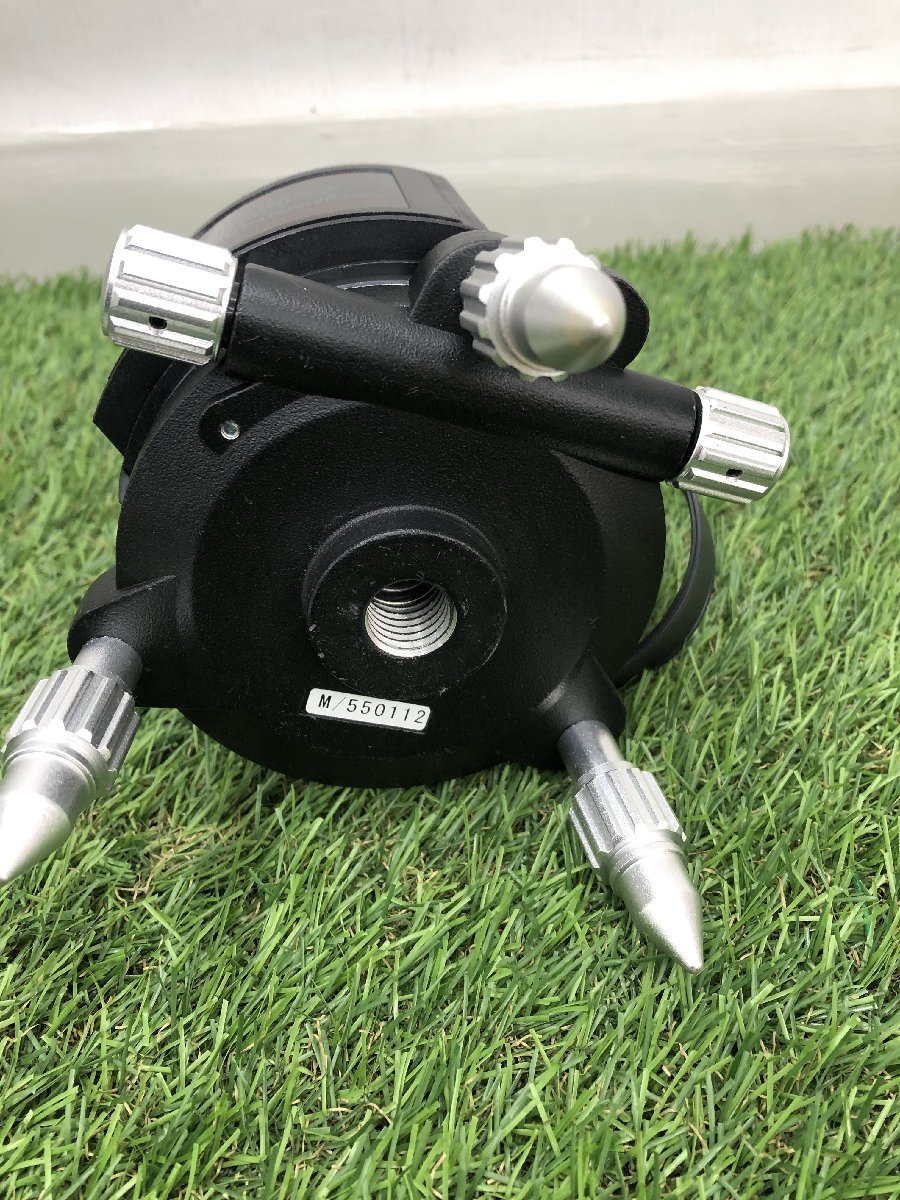
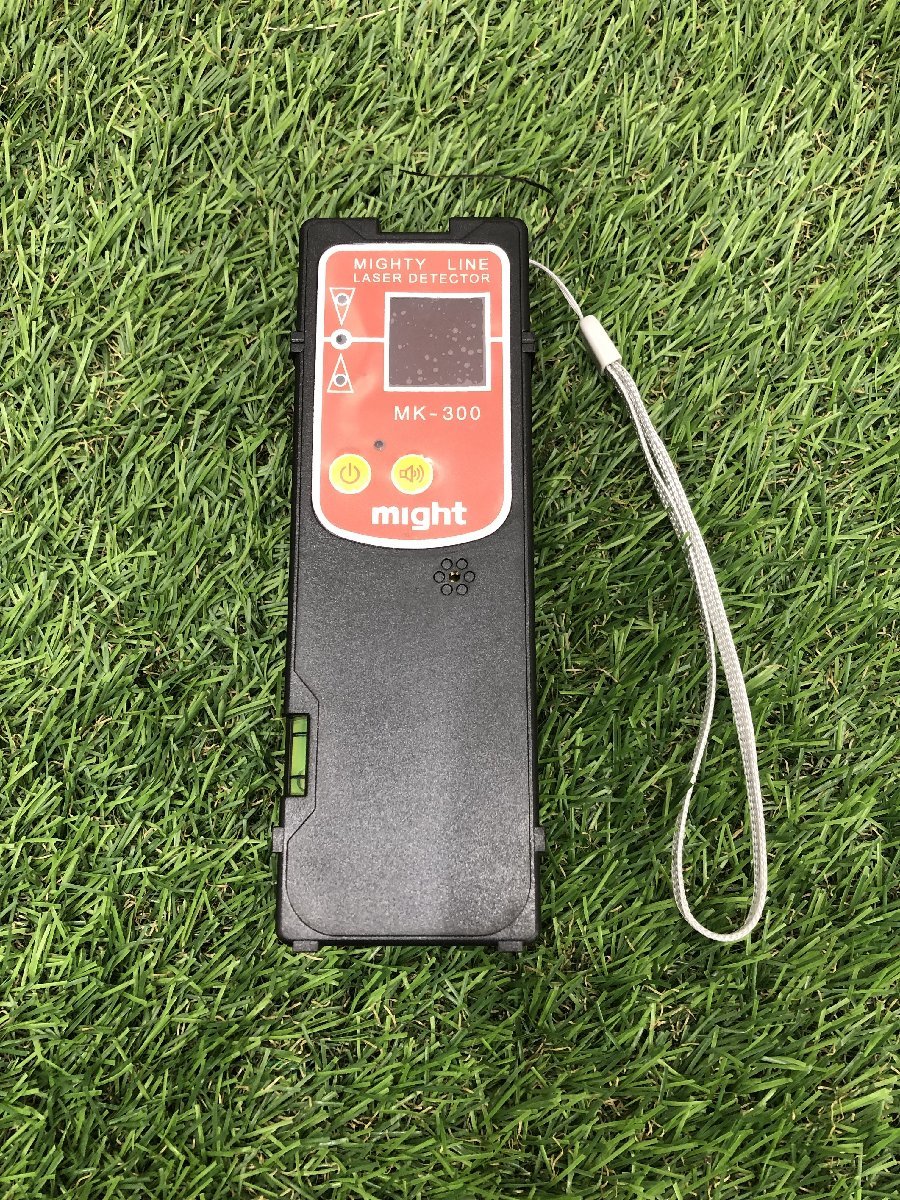
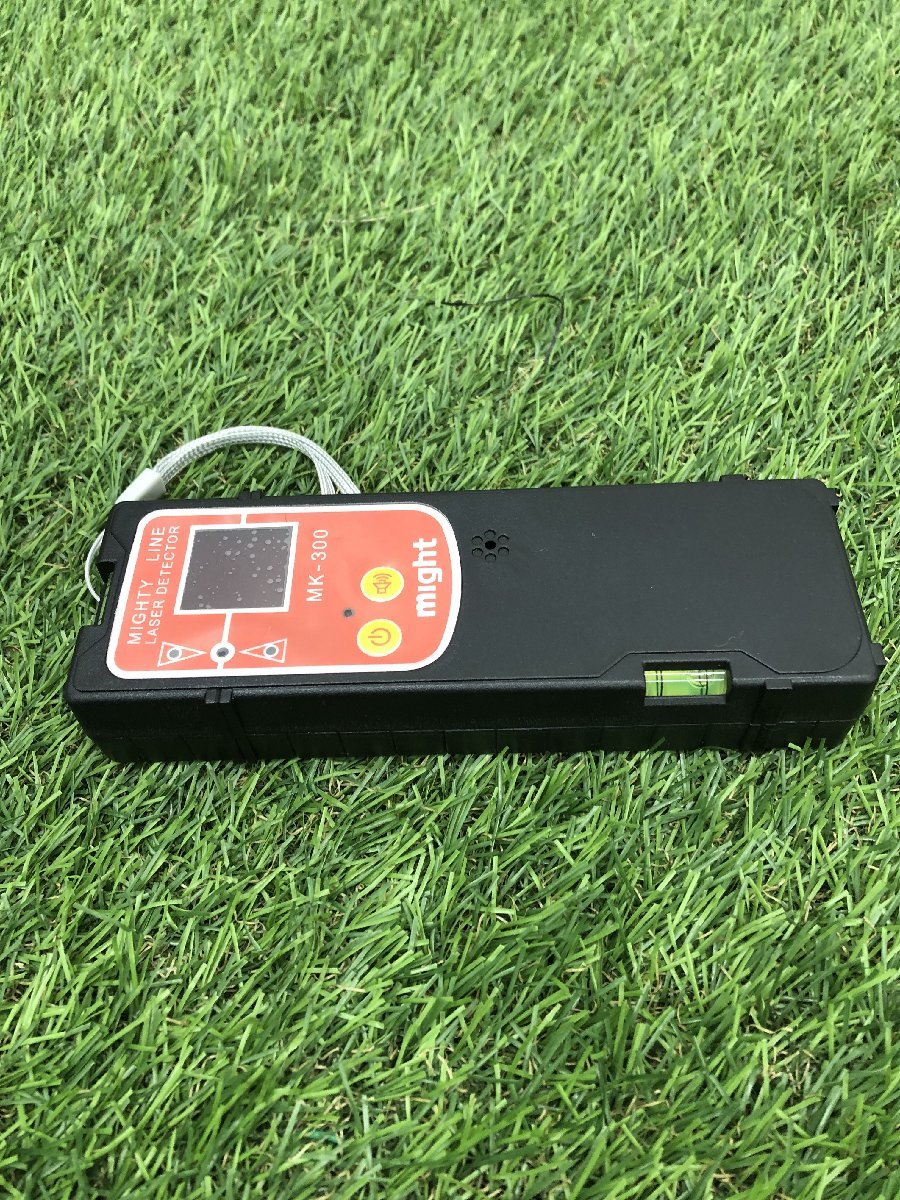

商品の情報
カテゴリー
配送料の負担
送料込み(出品者負担)配送の方法
ゆうゆうメルカリ便発送元の地域
宮城県発送までの日数
1~2日で発送メルカリ安心への取り組み
お金は事務局に支払われ、評価後に振り込まれます
出品者
スピード発送
この出品者は平均24時間以内に発送しています














